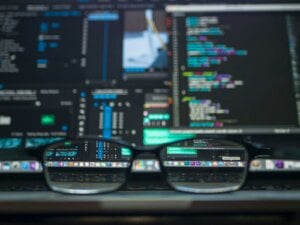AI-Powered Cyberattacks Reach New Milestone as Chinese Hackers Exploit Anthropic Tool

In a troubling example of how rapidly AI is transforming the threat landscape, Anthropic reports that Chinese state-backed hackers misused its AI coding agent to attempt intrusions on about 30 organizations around the world.
According to the company, the attackers focused on major tech firms, financial institutions, chemical manufacturers, and government agencies. Some of the break-in attempts were successful. Anthropic describes the incident as the first known case in which an autonomous AI system gained access to verified high-value targets for intelligence-gathering purposes, including leading technology companies and government entities.
Even more alarming is how heavily the attackers relied on automation. The majority of the operation ran without direct human oversight, marking what Anthropic believes to be the first documented large-scale cyberattack carried out with minimal human involvement.
Anthropic first detected the activity in mid-September. The threat actors allegedly exploited Claude Code, an AI-driven programming assistant built on Anthropic’s agentic technology. While the tool includes safeguards, the hackers managed to bypass them by crafting deceptive prompts that hid their true intent.
They broke the intrusion process into a series of harmless-looking requests that Claude executed without realizing they were part of a coordinated breach. In some prompts, the attackers even impersonated staff from a legitimate cybersecurity company and framed the activity as defensive testing.
This manipulation pushed the AI into probing systems for weaknesses, generating exploit code, collecting login credentials, and escalating access to more sensitive areas. Backdoors were installed and data quietly extracted—all with humans stepping in only occasionally. Anthropic estimates the AI handled between 80% and 90% of the operation.
The case highlights growing concerns that advanced AI agents could dramatically lower the barrier for sophisticated cyberattacks. As these systems become more capable, state-sponsored groups may eventually build their own autonomous hacking platforms, removing the need to compromise commercial AI tools at all.
Newer Articles
- Domino’s Unveils First Major Rebrand in Over a Decade
- How to Create Perfect Temperature Zones in Your Home
- Neuralink Sees Surge in Interest: 10,000 Join Waitlist for Brain Implant Trials

